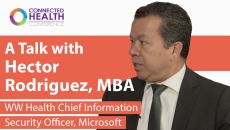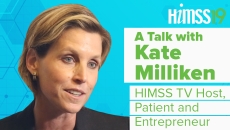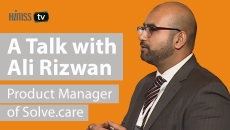Patient Engagement
Even if it's passed into law, proposed legislation to force price disclosures is unlikely to create the kind of competition that affect prices.
Jay Patel, clinical transformation officer at Seniorlink, says comprehensive tools for aging populations are going to require, among other things, cybersecurity and data aggregation among patients, family members and caregivers.
Blockchain won't solve every health IT problem, claims WW Health Chief Health Information Security Officer at Microsoft Hector Rodriguez, who offers advice for figuring out where it might, and might not, be a fit for you.
Spending for retail prescription drugs reached $333.4 billion in 2017, and those rising costs represent 10 percent of overall healthcare spend.
Having a high deductible health plan without a health savings account was associated with greater hardship compared with low deductible insurance.
Blockchain technology enables the flow of information between treatment points regardless of location to ensure patients get the treatment they need, says Shada AlSalamah, a visiting scholar at MIT.
Although there is clear evidence that mHealth is valuable in treating chronic diseases, standards, governance and integration still need work, says Robert Istepanian of the Institute of Global Innovation at the UK's Imperial College.
Healthcare entrepreneur Kate Milliken shares her journey of starting a business and her experience as a patient advocate for those managing MS, as well as what she'll be doing with HIMSS TV at HIMSS19 in Orlando.
Ali Rizwan, product manager for Solve.care, discusses the huge potential of blockchain to ensure different parties work together and collaborate to deliver high-quality care for patients by providing the optimum platforms for care providers.
By empowering patients with a single access point to all their data, the exchange also benefits providers and payers.





